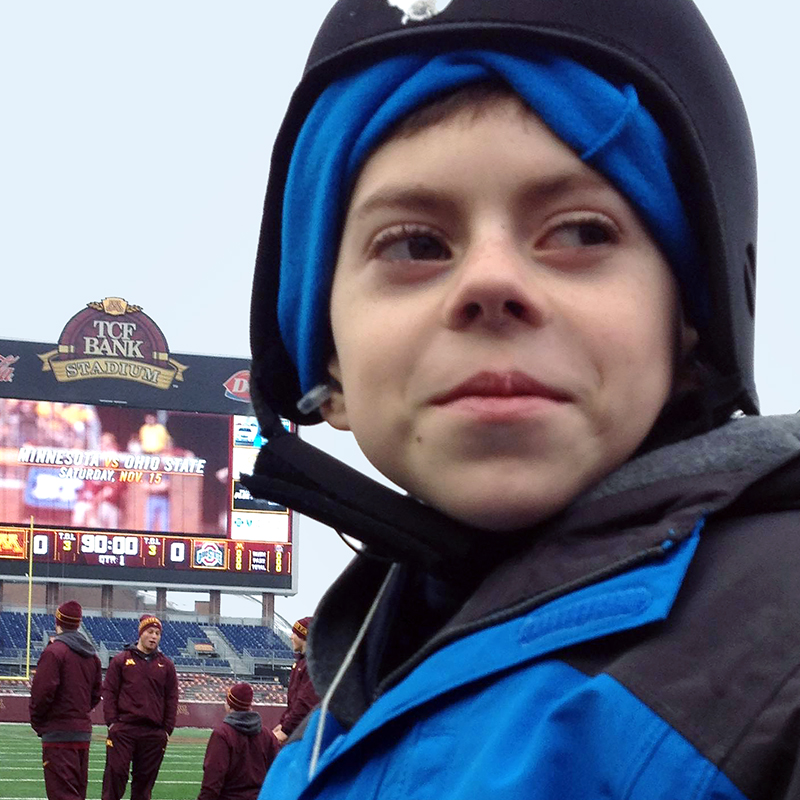Creating understanding around epilepsy
This documentary weaves together three individuals battling epilepsy, and focuses on the denial, stigma, hope and determination that comes with living with seizures to create understanding around epilepsy.
Photosensitivity Warning : The video trailer and the documentary show flashing lights.
BRAINSTORM premiered on Twin Cities Public Television in November 2016, and has since aired on public television stations nationwide. Share this film to educate employees and students to create understanding around epilepsy so they know how to identify a seizure and offer help.
My Memoir is Now Available!!

I go beyond the documentary to share my full story in Racing Uphill, from diagnosis, to an unknown heart condition, to losing my career, to brain mapping’s surprising discovery.
Rallying the grit I developed as an athlete and using the research and reporting skills I acquired as a journalist, I give an inside look at the ways epilepsy can change a life. Prominent epileptologists explain how seizures can spread, steal memories, and create strange behaviors and mood disorders.
From the vivid auras and the damage that followed, to the toll epilepsy had on my family and loved ones; this is all part of my story of adversity, denial, acceptance, and resilience. In this epilepsy memoir, I hope to speak to anyone facing an uphill battle with the message I told myself: “Don’t Give Up on Yourself.”
How does the brain suddenly flip a switch, start short-circuiting, and cause strange behaviors that a person cannot control?
There are multiple types of seizures, and education is needed to dispel myths and create empathy. This documentary aims to reduce the stigma through education and personal stories of three people as they confront epilepsy, empowered to live life to the fullest.
Featured Advocates in “Brainstorm”

Stacia
Stacia Kalinoski is a University of Minnesota graduate and an Emmy Award-winning video journalist. She reported for television stations in Nebraska, Oregon, and Michigan before a seizure turned her journalism career upside down. That led her to a life-saving treatment, and the idea to produce this documentary.

Coach Kill
NCAA Football Coach
Jerry Kill coached college football for more than three decades. He and his wife Rebecca became fierce advocates for epilepsy awareness while he was fighting his own battle at the University of Minnesota. Together they founded the Chasing Dreams Coach Kill Epilepsy Fund. Kill left his head coaching duties at Minnesota to focus on his health, and became an assistant coach at Rutgers University. But seizures forced him to retire from the game in 2017. He is now an ambassador and fundraiser for Southern Illinois University, where he once coached.

Billy
Middle school student
Billy Drash is an active middle schooler in Atlanta and suffers from epilepsy. Billy's parents have worked with doctors to try multiple treatments. A surprise meeting with Coach Kill leads them to try a new therapy.
Depending on where the bad circuit is, and how it fires, and how it spreads, one seizure can look completely different than another.
Dr. Brien Smith | Department of Clinical Neurosciences at Spectrum Health Hospital in Grand Rapids, MI
The reason it is the way it is, and why is it the way it is, is because people don’t know. They don’t understand.
Dr. Patricia Penovich | Minnesota Epilepsy Group in St. Paul, MN.
Brainstorm has been featured at screenings, conferences, and events both locally and across the nation.
I share my journey along with clips from the film – or the entire film – to help the audience understand epilepsy through a personal lens. Many people with epilepsy have emailed after watching Brainstorm to share their stories.

